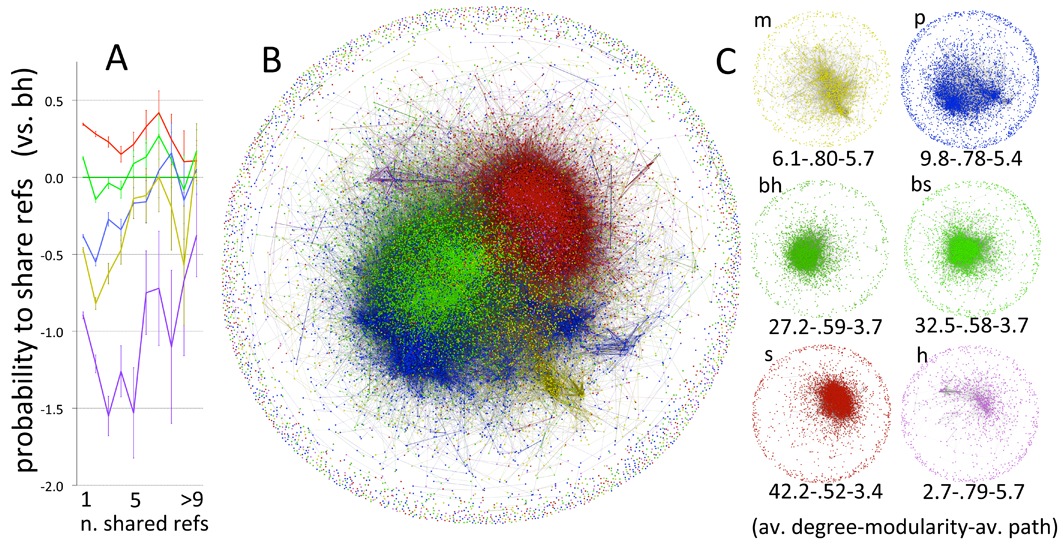Daniele Fanelli
@DFanDaBiasedMan
Latest news:
- 11-9-2024 I should get to renovate the look of this old website, to resemble our shiny new TEMET lab pages, curated by my fantastic postdoc Assemgul Kozhabek.
And you still haven't seen the exciting results we are producing!
Speaking of research, Science has just published my book review of Bazerman's Inside an Academic Scandal; and our first empirical support of K theory was published this summer in RSOS. More such results will follow soon...
comCensus is also going strong. The method has been completely revised, so that questions can be open to any respondent, and with an AI that now helps participants be understood, breaking language or cultural barriers! This new approach will soon be deployed within the TRUSTparency project, of which my company Science of Science is a proud member. - 1-6-2024 Whoa, that was a long time! Lots great updates, though.
- I am on my way to the WCRI to give a keynote in the opening session and present results of two other studies, including the first direct (pre-registered) evidence that K theory works - it predicted the irreproducibility of the BRI data!
- I will then be off to Kenya to get young Psychologists interested in how complexity affects their field, at this year's SIPS conference.
- The Theoretical and Empirical METascience (TEMET) lab was officially born two months ago, with the onboarding of its first researcher, Dr Ifan Jams, and the registering of the lab's URL temet.science (actual webpage will come ASAP).
-
comCensus has developed beautifully: check out the new logo on the well curated new landing page. Can you see the brain?
More importantly, comCensus now implements a set of proprietary algorithms that help all particiants have the best, most productive and engaging experience. This is just the first step in a series of technological innovations in the pipeline.
After a large number of tests and trials, comCensus will soon see its first large-scale employment on something big. Sorry, no spoilers. Yet.
- 19-5-2023 Proud and excited to see the nascent comCensus.org startup featured in this excellent Nature article!
- 15-5-2023 Belated new year resolution: resume curating and updating this site! I will start by sharing a few news about me:
- I have landed a great job as Ass Prof at Heriot-Watt University, where I will teach research method and finally be able to establish a lab.
Postdocs positions will soon be advertised! - I have also started testing comCensus.org, the evolution of the covidConsensus project.
The plan is to learn a bit more how to engage participants, smoothen the edges, and then start building a team! - On the K theory (now preferably called "Information Compression Theory", ICT) front, I will soon pre-register a crucial test, where we'll try to predict results of the Brazilian Reproducibility Initiative. That'll be exciting!
-
Still on the ICT front (see what I did?), I am preparing a talk for The Science of Consciousness Conference, next week.
I shall propose an original theory to explain consciosness based on ICT, currently named "Metaknowledge theory" (MKT, I guess?).
The metankowledge explanation solves, it seems to me, many apparent mysteries about consciousness, including the (non) existence of qualia and the so-called Hard Problem. Can't wait to hear what the TSC folks think!
- I have landed a great job as Ass Prof at Heriot-Watt University, where I will teach research method and finally be able to establish a lab.
Click on the equations above or the figures below to find out more!



